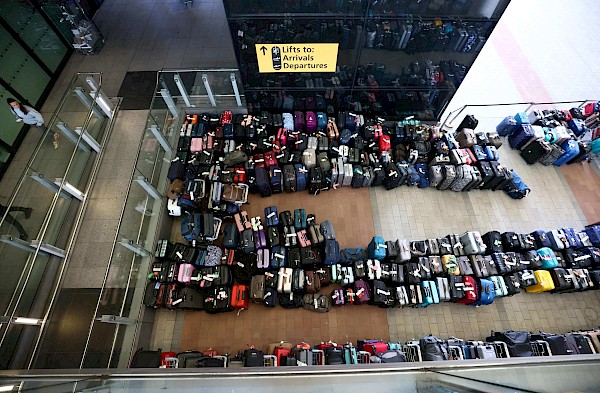Episode transcript The transcript is generated automatically by Podscribe, Sonix, Otter and other electronic transcription services.
Hello everyone. Welcome to the Five Minutes Podcast. Today I'd like to talk about the availability bias and why I decided to record this week. Because most of the time, when we start seeing the news, I'm not just talking about formal news, but friends and colleagues talking about one thing or talking about one event. When we receive this in such a massive way, this creates the availability bias. And then we start thinking that the probability of that event has increased, or we perceive that probability as higher than it should be. Let me give you a couple of examples. Let's suppose that you see a hurricane that crossed one country. And for example, let's suppose that you live in an area that could be affected by a hurricane. Based on what happened in one country at one time, when you see a lot of the news people losing their homes and this you automatically and this is why it bias you automatically start thinking, oh, the probability that I lose my house that something happens to be increased automatically. The second example that we are facing this week, with all the late flights and the delayed flights that we are seeing all over the world, especially in Europe, and people say, oh, 100 flights were canceled. Is this a big number? Maybe it's a big number. But what we need to understand is how many flights departed on time, because maybe we're thinking 100 flights. We start thinking my flight tomorrow will be late. The chances are 90%. But then if I tell you that yesterday, 32,000 flights left on time and 100 were canceled. This brings a different perspective. However, when you see on the news people losing their flights, people complaining about staying forever at the airport.
This psychologically adds additional probability to the effect without really meaning that this is true. It's like, you know, making our vision a little bit foggy to understand the facts and how we fight against this availability bias when everybody starts talking about one thing, and then you automatically think that your chances have changed or increased due to the people commenting about that. My only advice to all of you is to go to the numbers, go to the facts, and this is the most critical thing. For example, if you remember when Russia invaded Ukraine, immediately everybody thought, oh, it will invade Germany, it will invade Finland, it will invade Moldova. And my question to all of you looking at the probability and the facts is, is this an absolutely rational evaluation? Of course, it increased because there is a war now. But if you go back to Ukraine, we saw months of movements, of troops, of tanks or tanks moving to one different year, tanks going. And people were saying something would happen, but we do not see the same behavior in these other countries. So does this mean that really things have changed completely, or it's our behavior and our reaction due to the availability bias? So this is exactly why we need to think because many times, I'm not an expert in war, and I'm not an expert in air traffic. But you need to trust numbers. You need to trust concrete evidence because most of the time, I would say this group thinks, in fact, combine it with this availability, you turn on the TV, and you really feel that you are in danger because 70 flights were canceled or 100 flights were canceled.
And then you see a photo of thousands of bags that are missing. And then I ask you, how many bags were delivered that day? You know, probably I'm just guessing here, probably it's just 0.1%. Maybe this is even a high number but is not 90%. It does not mean that tomorrow your luggage will be lost. And this is what affects our judgment and why this is so important because many times, as project managers delivering projects, we need to make decisions, and we need to use the best judgment. And most of the time, the best judgment is supported by science. Meth. And these, I would say, are the best medicine you can take against being trapped with the availability bias every time you see them on TV. Now the news tries to make sense of the numbers they present when they say 100 flights were late; you need to understand, is it 100 out of 110 flights? Okay, then it's a lot. It's really a lot, but it's 100 flights out of 32,000 flights. Then it's not it's bad, but it's not. It's easier for you to be part of that group that will arrive on time or with your goods arriving on time for your project. Always think that because many times you will evaluate risks wrongly, and you will make decisions based on poor data or based on this availability bias or the news. Or I would say this concept of group thinking will be your worst enemy when you're thinking about risks.
Think about that, and see you next week with another Five Minutes Podcast.

